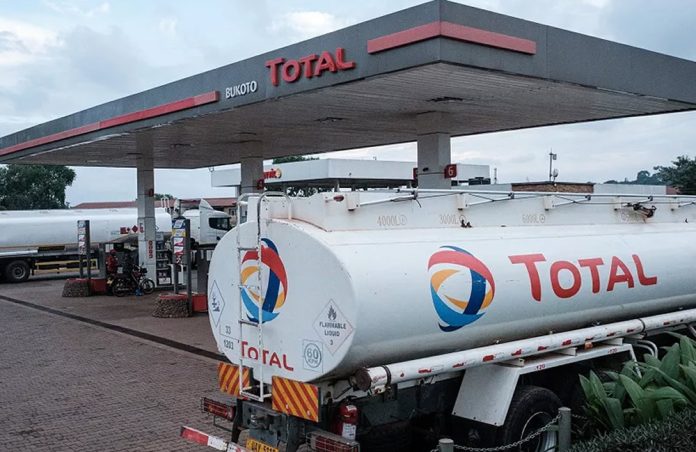In a recent statement, President Museveni of Uganda revealed that his government has successfully secured agreements with bulk and refinery suppliers to facilitate the import of fuel into the country at more affordable rates. He mentioned that he had engaged in discussions regarding this matter with Kenya’s President Ruto and Tanzania’s President Suluhu.
The president, however, emphasized that individuals within the nation who have been deceiving their country, have initiated a concerted effort through social media and mainstream media to oppose the new agreement.
The agreement between the Ugandan governments, facilitated by the Uganda National Oil Company, stipulates that Vitol will create “reserve inventories” both within Uganda and Tanzania, ensuring a reliable source of supply.
Speaking to Kenyan Route, Museveni disclosed that;
Uganda’s President, Yoweri Museveni, has defended the decision to cease purchasing petroleum products from Kenya, citing the significant price inflation imposed by middlemen, which has been burdensome for consumers. Museveni revealed that Uganda imports around 2.5 billion liters of petroleum annually, valued at $2 billion, with a substantial portion of the costs attributed to inflated fees charged by intermediaries.
Museveni expressed his surprise that Uganda had been procuring such vast quantities of petroleum products from middlemen in Kenya and questioned why the country hadn’t been buying directly from foreign refineries and transporting the products through Kenya and Tanzania to eliminate the added costs created by middlemen.
He conducted a recent check and found that middlemen had been overcharging Uganda, with diesel being sold to the country for $118 per tonne compared to $83 from bulk suppliers, a 42.1 percent price difference. For petrol products, middlemen charged Uganda $97.5 per tonne compared to $61.5 from bulk suppliers and refineries, an extra 58.53 percent cost to the country. Kerosene, too, was inflated by 44.3 percent, with middlemen selling it at $114 per tonne, compared to $79 from bulk suppliers and refineries.
Museveni announced that Uganda had now entered contracts with bulk suppliers and refineries to fulfill its petroleum needs and that discussions about this decision had been held with both Kenya and Tanzania. Additionally, he mentioned plans for a refinery in Uganda that would revolutionize petroleum pricing in the region.
In this new fuel procurement arrangement, the Uganda National Oil Company (UNOC) would be purchasing the country’s entire fuel stock from Vitol Bahrain E.C and then distributing it to oil marketing companies (OMCs) in Uganda. UNOC and Vitol Bahrain E.C negotiated a five-year contract, with the partner providing working capital backed by its global balance sheet to ensure competitive pricing.
Uganda’s move comes after Kenya abandoned the Open Tender System (OTS) in favor of a government-to-government deal with Gulf States. Under this arrangement, Gulf state-owned firms selected local OMCs to distribute fuel in Kenya and Uganda.
Uganda’s decision deals a blow to Kenyan OMCs, which have been supplying 90 percent of Uganda’s fuel through their affiliates, affecting local jobs and tax revenue collection. Uganda has also chosen Tanzania to host buffer fuel stocks on its behalf to ensure a stable supply in case of market disruptions.

















